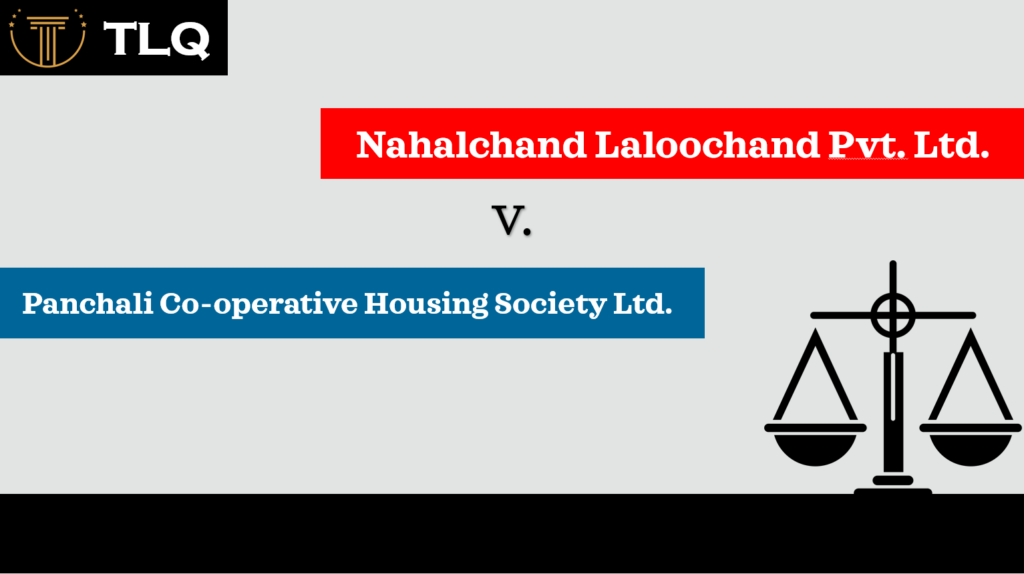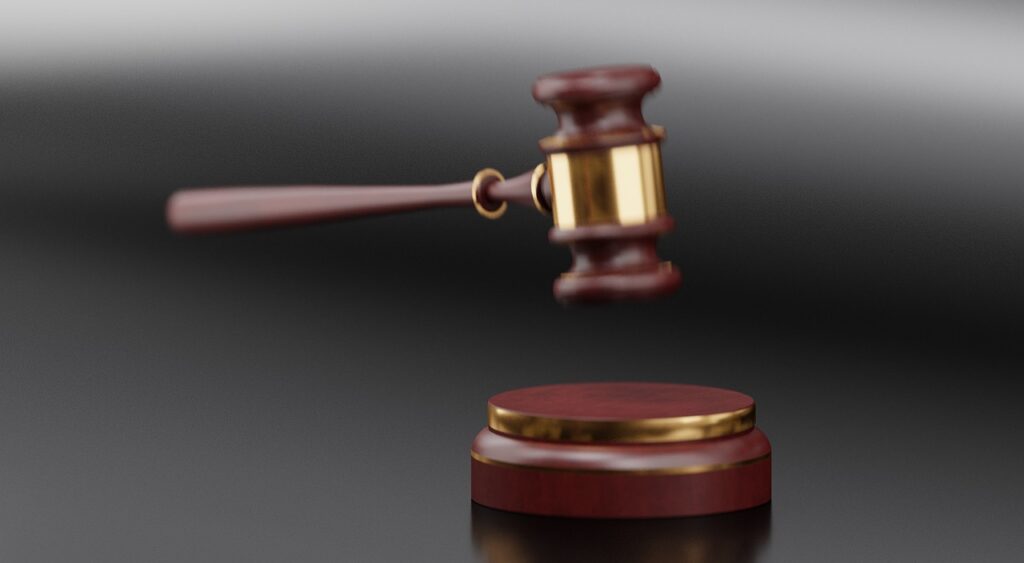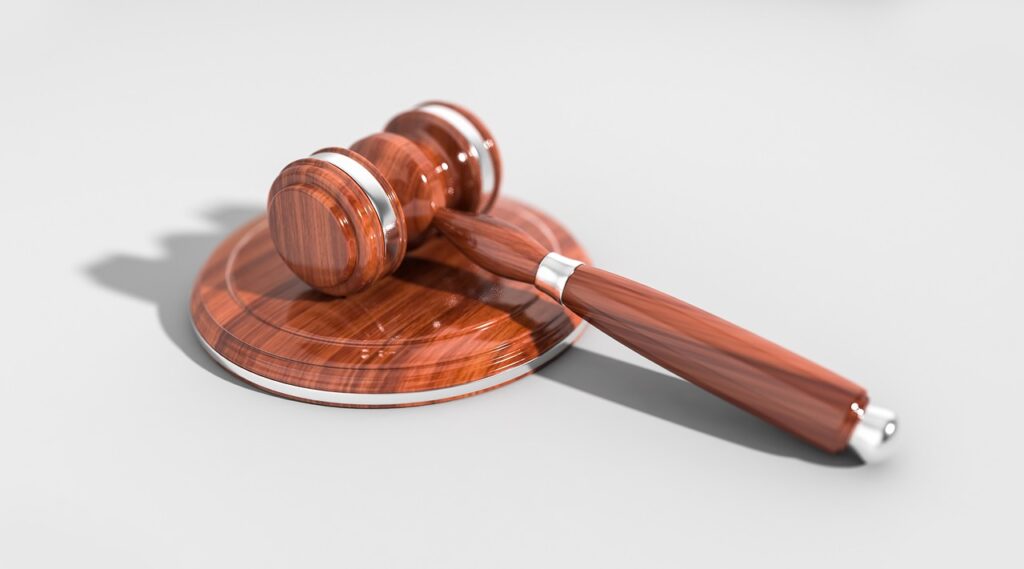Published On: November 2nd 2025
Authored By: Pooja Ajay Talim
Thakur Ramnarayan college of Law
ABSTRACT
On a busy morning at 8:48am on September 11, 2001, lives of countless people changed permanently due to a calculated terrorist assault. Overnight, thousands joined the ranks of the bereaved, while anxiety, fear and an unquenchable fury swept across the American landscape. As an immediate reaction, the American government declared a ‘War on Terror’, coupled with the establishment of the Guantanamo Bay Detention Camp to capture and detain “terrorists”. The Camp has morphed, however, into a place of anguish, despair, and pending accountability. Unfortunately for the next quarter of a century, people will be pondering over the dire aftermath of the altercation: What happens to a nation put on the spot as a result of warfare actions taken by powerful conflicting countries? Who will stand up and demand reparation?
This present article intends to answer the questions pertaining to America, by interpreting Guantanamo Bay through the framework of human rights law, tracing the role and the growing international influence of the International Criminal Court (ICC), and weighing the potential outcomes. What, if any, accountability will be placed on nations, no matter how powerful, for the atrocious actions of their leaders? Utilising accounts of survivors, recognition of system failures, and evolving global sentiment, we propound the theory that the aftermath of the September 11 attacks encompass much more than the dread that permeated the nation – it is how United States of America as a nation approaches the challenges ahead that will resonate the most.
INTRODUCTION
On a September morning tranquility was disrupted when close to 3000 lives were lost as a result of the 9/11 attacks. The essence of shock echoed throughout the world, as The United States Of America, mourning in disbelief and anger, was determined to protect herself and the civilians. But in the process, it adopted methods that to many, seemed to have lost the Republic’s ideals. Guant’namo Bay became the dark age symbol of those techniques sharpened to where people were profiled, imprisoned without charges, abused, and never heard.
Consider a teenager, 13, 15, or even 17, picked up from home or while running errands, then confined to a small, dark hole and utterly devoid of family at the very reason and time and being held. Some of the people tortured at Guant’namo were actual children, one was remembered as saying, ‘a cage of two meters by two meters… stuck all day every day, unable to lie down, unable to speak’ [1]. The emotion of extraction from hope and being confined is important to the story of `Guantánamo’.
The September 11 attacks killed close to 3,000 and profoundly changed the United States’ strategy toward security and counterterrorism. Subsequently , the war on terror took away more lives, then labelled as “collateral damage. In the initial response, the U.S. government opened detention centers at Guantánamo Bay to detain suspected terrorists beyond the normal reach of U.S. law. Guantánamo was intended to bypass conventional constitutional protections and establish what most scholars have referred to as a ‘legal black hole.’ The institution has, over time, become equated with human rights abuses, such as indefinite detention, torture, and the withholding of fair trial rights. This article examines Guantánamo Bay in the context of human rights during armed conflicts, specifically the role and limitations of the International Criminal Court (ICC) in promoting accountability. It contends that Guantánamo symbolizes both the long-term shadow of 9/11 and the limits of the ICC to prosecute abuses by strong states. Finally, this article would like to shift from the politics to the people: the narratives, the submissions, the commitments and the unfulfilled commitments. It also inquires: What is the role of the ICC in such cases? And why is there so little accountability in the presence of powerful countries? Twenty-four years after 9/11, Guantánamo remains a reminder of the fragility of human rights norms in times of crisis and the limitations of international criminal justice.[2][3][4]
HISTORICAL BACKGROUND
Guantánamo Bay detention centres were opened in January 2002 during the Bush administration. The site in Cuba was chosen to keep detainees out of U.S. federal courts’ jurisdiction. Detainees, captured in Afghanistan, Pakistan, and elsewhere, were held over the years, many of whom were kept in detention without charge or trial. Interrogation techniques included so-called ‘enhanced techniques,’ subsequently recognized as torture by international law authorities. The prison has since been an international emblem of U.S. exceptionalism and decay of human rights norms.
The use of Guantánamo to detain suspects was justified by the U.S. government in that the naval base was said to be within a special legal area outside sovereign U.S. jurisdiction. The intention behind this argument was to avoid federal court jurisdiction. Legal complaints like Rasul v. Bush, 542 US 466 (2004) and Boumediene v. Bush, 553 US 723 (2008) subsequently upheld detainees’ limited habeas corpus rights, but these had only been done after years of unaccounted detention. The context illustrates how, in times of crisis, states may exploit legal grey areas to circumvent accountability and ensure control. [5] [6]
HUMAN RIGHTS CONCERNS
Apart from torture and abuse of the right to trial, Guantánamo’s policies expressed a conscious effort to undermine international prohibitions against cruel treatment. The idea of indefinite detention, used for people who were never put on trial, assaulted the principle of legality under international law. These practices also had worldwide consequences, damaging the authority of human rights protections by indicating that powerful states might violate norms with impunity. Critics contend that Guantánamo consequently legitimized extreme counterterrorism measures that many other nations subsequently followed. [7] [8] [9]
Detainees at Guantánamo Bay were exposed to actions that infringed on basic human rights, such as torture, prolonged solitary confinement, and refusal of access to attorneys. The International Covenant on Civil and Political Rights (ICCPR) and the Convention against Torture (CAT) clearly outlaw these practices. However, reports from Human Rights Watch, Amnesty International, and the United Nations continue to outline systematic abuses. In addition to physical abuse, the stripping of habeas corpus and right to a fair trial eroded the rule of law and set a precedent of putting security above justice.
THE ICC AND JURISDICTIONAL CONSTRAINTS
The ICC’s silence on Guantánamo highlights its institutional constraints. While the Court has prosecuted leaders in Africa and the Balkans, it has steered clear of conflicts involving non-member great powers. Such selective jurisdiction has fueled criticisms of ‘victor’s justice’ and perceptions of bias. The U.S.’s refusal to ratify the Rome Statute is an indication of a larger hesitation of influential nations to be subject to the same rules applied to others. Guantánamo represents this disparity – an international judicial system that cannot challenge abuses by its most vocal critics. [10] [11]
The International Criminal Court, created by the Rome Statute in 2002, has the mandate to investigate and prosecute genocide, war crimes, and crimes against humanity. Yet, the United States is not a State Party to the Rome Statute and has consistently spurned ICC jurisdiction. This lacuna in law has hindered the Court from taking direct action against abuses at Guantánamo Bay. The ICC’s 2020 announcement that it would investigate crimes under the jurisdiction of Afghanistan, including those against U.S. officials in CIA black sites, drew attention to the political conflict between strong states and the ICC. Guantánamo, which is situated in Cuba – a non-State Party – has been out of the reach of the ICC, pointing to its jurisdictional restrictions.
WIDER INTERNATIONAL ACCOUNTABILITY MECHANISMS
In spite of universal condemnation, Guantánamo has survived. The absence of enforceable international mechanisms against America is a demonstration of the asymmetrical nature of international governance. Even decisions by respected tribunals like the European Court of Human Rights have had minimal impact on American practices. This asymmetry questions in serious terms the real universality of human rights and whether international criminal law is equally applicable to all states. [12] [13]
While the ICC has not been able to act, other global mechanisms have pointed the finger at related problems. The European Court of Human Rights has found in favor of European nations that harboured CIA black sites, and United Nations Special Rapporteurs have consistently denounced U.S. activities at Guantánamo. These measures, however, do not have enforcement authority to require the closing of the facility or accountability. The continuance of Guantánamo reflects a profound accountability deficit in the international legal system, and especially in the face of powerful states.
CONTEMPORARY RELEVANCE AND THE LEGACY OF 9/11
In addition to undermining human rights credibility, Guantánamo continues to influence domestic and international politics. Debates regarding detainee transfers, shutting down the facility, and its use in broader geopolitical negotiations demonstrate its ongoing relevance. The continuation of the facility calls into question promises of reform and shows how states make emergency measures lasting components of state practice. [14] [15]
Till date, 2025, Guantánamo remains open with 30 detainees still in custody. Efforts by successive administrations to close the camp have been slowed by political opposition. The continuation of Guantánamo undermines the legitimacy of international human rights principles and the ICC’s ideal of global justice. It serves as a reminder of how exceptional security measures instituted after 9/11 remain decades later to influence international dialogue about the balance between national security and human rights.
Do great powers have the right to act as they please without answering to the international community? The Guantánamo case raises this urgent question. In the face of overwhelming proof of violations of rights, impunity bespeaks a disequilibrium in the global order. When political will decides the administration of global justice, the universality of human rights is at stake. It raises the heart of the controversy surrounding the ICC’s legitimacy and that of international criminal law more broadly. [16]
CONCLUSION
Aside from an internment camp, Guantánamo Bay is a violation of the idea of law as a means for the protection of all individuals and not only a select group. Twenty-four years after the incidents of September 11, 2001, the story still has raw moments – frustrated rewarding possibilities, denied life achievements, and unresolved violations. The designers of the court, meant to function in such a case, have not achieved its mission when the accused is in an unassailable position. But it is not the end of the story.
It indicates that if states with great power reject oversight, international institutions like the ICC are limited to symbolic and not substantive roles. The fate of human rights in conflict scenarios depends on whether the world is able to devise mechanisms that treat everybody equally, including the most powerful. Guantánamo Bay is the enduring legacy of 9/11 and the failure of international mechanisms, including the ICC, to realize accountability in the face of powerful opposition.
Let us remember – it is not the verdicts that box the world of accountability, it is the silencing of every unjustly detained. Let the captured truth breath. Let us not allow justice to a transaction of mere words. We must not shy away from the expectation that the defence of humanity is a most simplest of assurances to every person.
REFERENCES
- Human Rights Watch, ‘Human Rights and Security Coalition Submission to UN Human Rights Committee Review’ (14 September 2023) , <https://www.hrw.org/news/2023/09/14/human-rights-and-security-coalition-submission-un-human-rights-committee-review> accessed 10 September 2025
- Human Rights Watch, ‘20 Years of US Torture and Counting’ (9 January 2022) <https://www.hrw.org/news/2022/01/09/20-years-us-torture-and-counting> accessed 12 September 2025
- Human Rights Watch, ‘Legacy of the Dark Side’ (9 January 2022) <https://www.hrw.org/news/2022/01/09/legacy-dark-side> accessed 11 September 2025
- Human Rights Watch, ‘Guantánamo Military Jury Condemns US Treatment of Detainee’ (2 November 2021),< https://www.hrw.org/news/2021/11/02/guantanamo-military-jury-condemns-us-treatment-detainee> accessed 11 September 2025
- Human Rights Watch, ‘Declassify Post-9/11 Torture Program’ (25 January 2021) , <https://www.hrw.org/news/2021/01/25/declassify-post-9/11-torture-program> accessed 10 September 2025
- Human Rights Watch, ‘Guantánamo’s Ugly Taint on US Diplomacy’ (13 February 2020) , <https://www.hrw.org/news/2020/02/13/guantanamos-ugly-taint-us-diplomacy> accessed 12 September 2025
- Human Rights Watch, ‘Absurdity of Guantánamo’ (23 January 2020) , <https://www.hrw.org/news/2020/01/23/absurdity-guantanamo> accessed 11 September 2025
- Human Rights Watch, ‘Another Blow to Justice: Guantánamo Bay Military Commissions’ (29 June 2017) <https://www.hrw.org/news/2017/06/29/another-blow-justice-guantanamo-bay-military-commissions> accessed 12 September 2025
- Human Rights Watch, ‘The Power of Canada’s Apology to Omar Khadr’ (7 July 2017) , <https://www.hrw.org/news/2017/07/07/power-canadas-apology-omar-khadr> accessed 11 September 2025
- Amnesty International, ‘22 Years of Justice Denied’ (22 March 2024) , <https://www.amnesty.org/en/latest/news/2024/03/22-years-of-justice-denied/> accessed 11 September 2025
- Council on Foreign Relations, ‘Guantánamo Bay: Twenty Years of Counterterrorism and Controversy’ (CFR, 2023) < https://www.cfr.org/article/guantanamo-bay-twenty-years-counterterrorism-and-controversy> accessed 11 September 2025
- The New York Times, ‘Gitmo Prisoners and the United Nations’ (26 June 2023) , <https://www.nytimes.com/2023/06/26/us/politics/gitmo-prisoners-united-nations.html> accessed 11 September 2025
- Cambridge University Press, “The War on Terror and the Framework of International Law” (Cambridge 2010) <https://www.cambridge.org/core/books/abs/war-on-terror-and-the-framework-of-international-law/case-study-i-guantanamo-bay-detentions-under-international-human-rights-and-humanitarian-law/B7F595049B93762BFD268DC5F98E8B5E> accessed 11 September 2025
- ResearchGate, ‘Guantánamo Bay: A Legacy of Torture, Human Rights Violations, and the Future of Indefinite Detention’ (2022) , <https://www.researchgate.net/publication/384362262_Guantanamo_Bay_A_Legacy_of_Torture_Human_Rights_Violations_and_the_Future_of_Indefinite_Detention,> accessed 12 September 2025
- The Guardian, ‘Trump’s Guantánamo Bay Migrant Detention Plan’ (14 February 2025), <https://www.theguardian.com/us-news/2025/feb/14/trump-guantanamo-bay-migrants> accessed 12 September 2025
- The Guardian, ‘Guantánamo Migrant Jail Revealed’ (20 February 2025) , <https://www.theguardian.com/us-news/2025/feb/20/guantanamo-migrant-jail-akima-revealed> accessed 12 September 2025.




